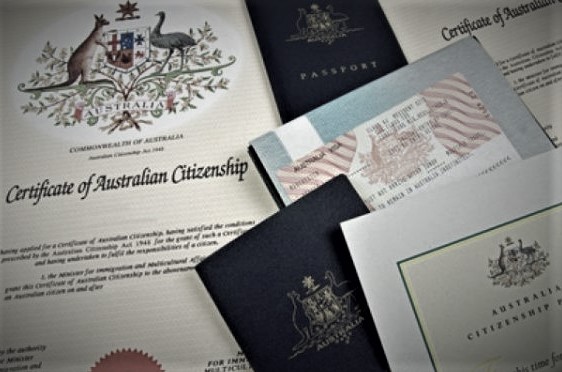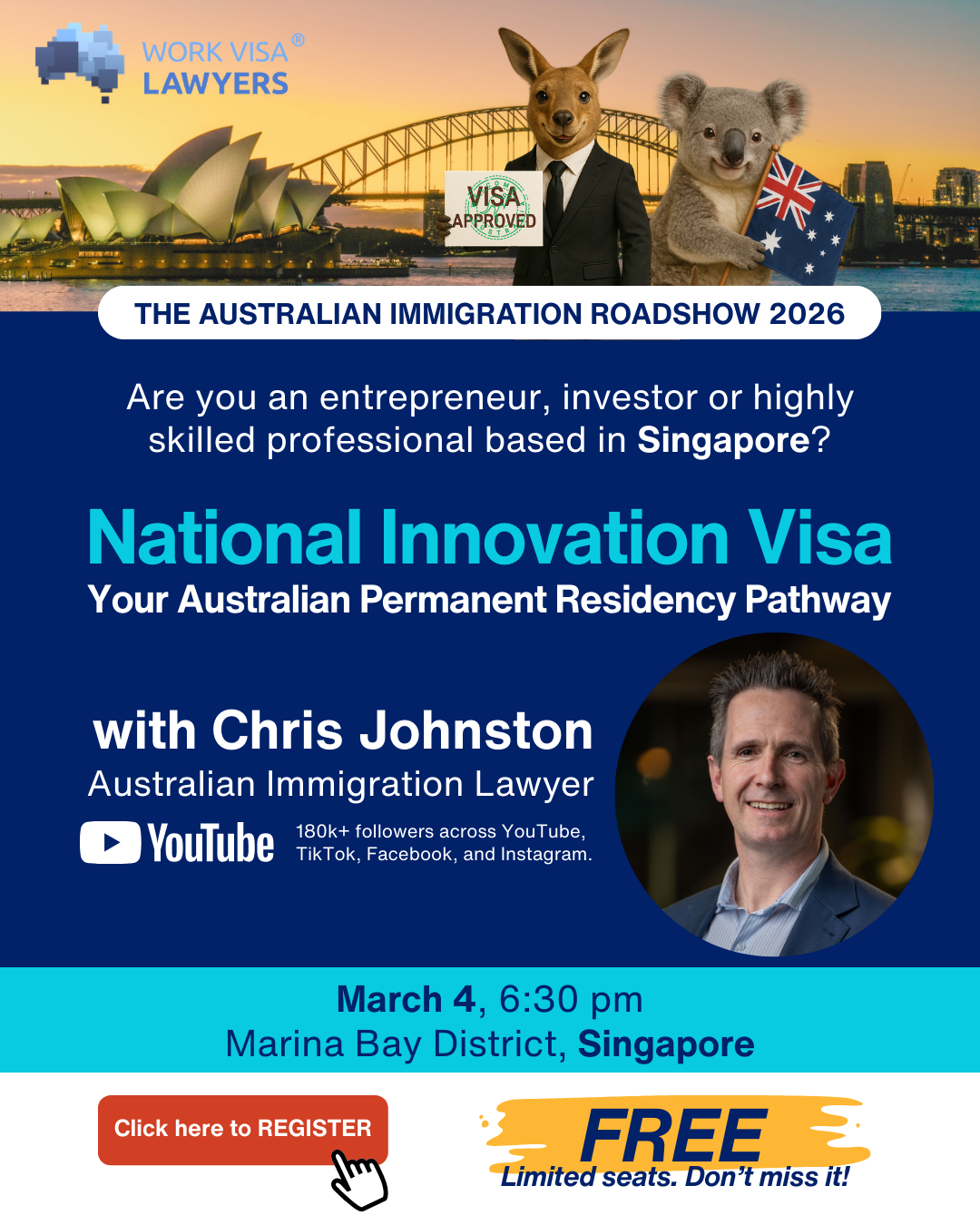Love v The Commonwealth; Thoms v Commonwealth [2020] HCA 3 for full judgement please go to: https://www.hcourt.gov.au/cases/case_b43-2018
Who is an Aboriginal Australian? And should Aboriginal Australians be treated differently to other groups in Australia?
The High Court recently considered whether two men who were born outside of Australia and were not Australian citizens, but had spent most of their lives in Australia,
where within the reach of the “aliens power” conferred by s 51(Xix) of the Constitution.
The Facts
The applicants in this scenario were Daniel Love (Love) and Brendan Thoms (Thoms), both men were born overseas and had one Aboriginal Australian parent and both identified as Aboriginal Australian. Both men had been recognised by the Aboriginal Community as members.
Love and Thoms had not sought Australian Citizenship. Their visas were cancelled pursuant to s 501(3A) of the Migration Act 1958 (Cth) section 189 and 198 of the Act provide that a person who is not an Australian Citizen and who does not hold a visa is required to be detained and then removed from Australia.
The issue
A constitutional issue arose because Love and Thoms argued that the Migration Act did not apply to them, and that they were not considered to be “aliens” under the Australian Constitution.
The issue for the High Court Justices to decide was whether Love and Thoms were “aliens” under s51(xix) of the Constitution.
Love and Thoms argued that because they were of Aboriginal descent and each identified as a member of a particular Aboriginal group, and is recognised as such by one or more elders of that group neither Love nor Thoms can be classified as an “alien” as described in the Australian Constitution.
What did the High Court decide?
The majority decision (Bell, Nettle, Gordon and Edelman JJ) held that Love and Thoms were not within the reach of s51(xix) of the Constitution. Justices forming the majority held that it is not open to the Parliament to treat an Aboriginal Australian as an "alien" because the constitutional term does not extend to a person who could not possibly answer the description of "alien" according to the ordinary understanding of the word.
The following reasons were given:
1. There is a special and unique connection between Aboriginal and Torres Strait Islander peoples and the land and water of Australia, which was found in an earlier decision: Mabo v Queensland [No 2].
2. Aboriginal Australians are in a unique position in Australia.
3. Citizenship by birth or by descent are not the only examples of membership of a political community.
4. That the common law of Australia recognises the unique spiritual connection and of customary native title logically entails the recognition of an Aboriginal society's laws and customs and in particular that society's authority to determine its own membership.
Justice Bell stated:
“I am authorised by the other members of the majority to say that although we express our reasoning differently, we agree that Aboriginal Australians (understood according to the tripartite test in Mabo [No 2]) are not within the reach of the “aliens” power conferred by s 51(xix) of the Constitution.”
Our opinion is that the decision in Love v Cth is sensible and necessary. It addresses the ridiculous and internationally embarrassing possibility that the Australian Government could be deporting its own Indigenous Australians with a criminal records, without proper and due regard of their connection to this country. Another, but related practical consideration is that many Indigenous Australians face the ongoing humiliation of being refused access to proof of Australia Citizenship due to the complicated documentation required to obtain Australian Citizenship.
Due to the sometimes itinerant nature of an Indigenous Australians origins, they are disadvantaged by not having the required documents that the Australian Government may require to obtain evidence of Australian Citizenship to obtain an Australian Passport. This is a challenge many face and should be addressed by the Australian Government.
What was the outcome for Love and Thoms?
The outcome for the two Aboriginal men were that their status in Australia rested on the facts. On the facts, it was unclear as to whether Mr Love was an Aboriginal man and that question of his status was remitted to the Federal Court.
For Mr Thoms, he had established his claim of Aboriginal descent, establishing that he identified as a member of an Aboriginal Community and established that his Aboriginal Community recognised him as their member because his status as a native title holder was undisputed.
What is the implication of Love on a practical level?
The impact of the decision has meant that a number of people who have had their visas cancelled have been released as a result of this landmark decision on the basis that they too can prove their claim to Aboriginality and can establish their connection to an Aboriginal community. They were therefore unable to be deported.
Source: https://www.sbs.com.au/news/another-indigenous-man-leaves-immigration-detention-following-aboriginal-aliens-ruling
This article was written by Christina Lien Registered Migration Agent / Lawyer visit her profile to find out more about her expertise:https://www.workvisalawyers.com.au/about-us/team-members/christina-lien.html
If you require further information regarding your Australia visa options you can contact us via:
ph: (08) 8351 9956 or email: This email address is being protected from spambots. You need JavaScript enabled to view it.









